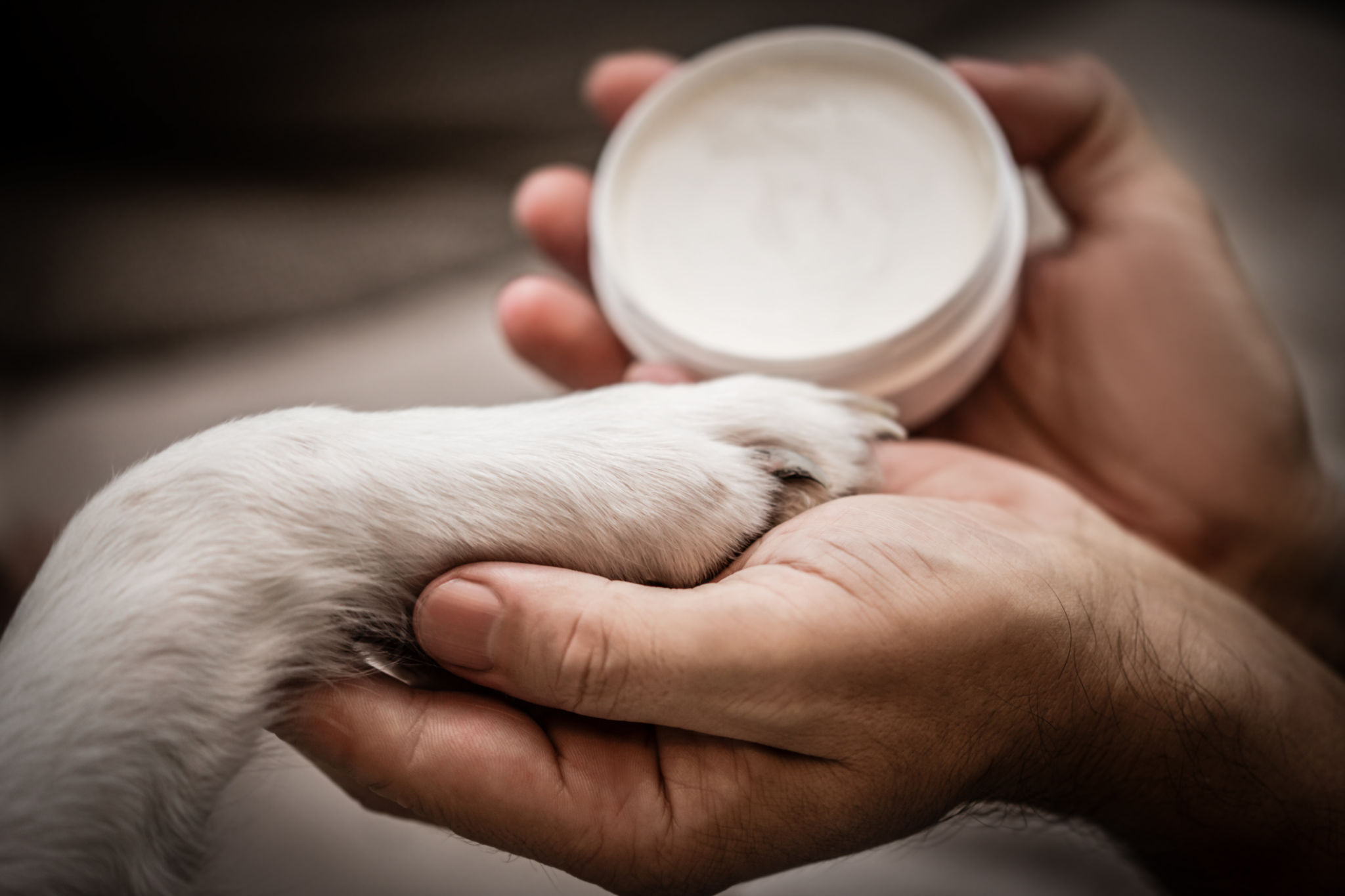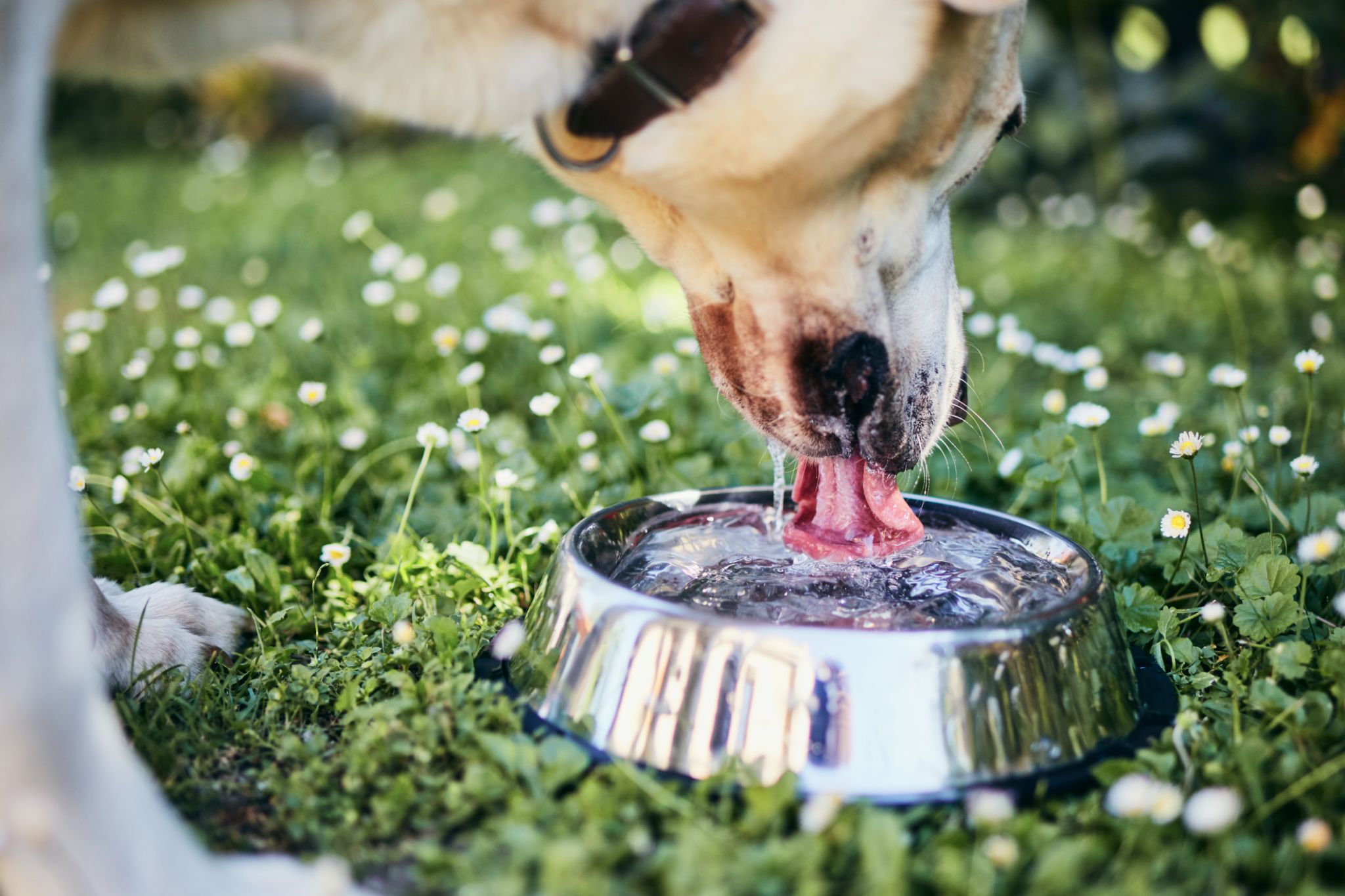Preparing Your Pet for Winter: Seasonal Care Tips
Vl
Understanding Your Pet's Winter Needs
As the colder months approach, it's essential to recognize that your pet's needs change with the seasons. Preparing your pet for winter involves more than just keeping them warm. It's about ensuring their overall well-being during these chilly months. Pay attention to their behavior and health as they could react differently to the cold, just like humans.
Adjusting Diet and Exercise
During winter, pets may need additional calories to maintain their body temperature. If your pet is particularly active, consider increasing their food intake slightly. However, be cautious not to overfeed, as pets can still gain weight during this time. For exercise, ensure they remain active indoors if outdoor conditions are harsh.

Providing Warmth and Comfort
Ensure your pet has a warm and comfortable place to rest. This could mean adding extra bedding or relocating their sleeping area away from drafts. If your pets are allowed outside, consider investing in winter coats or sweaters, especially for short-haired breeds that are more susceptible to the cold.
It's equally important to monitor the indoor temperature. Pets are sensitive to temperature fluctuations, so keep the thermostat at a consistent level that is comfortable for both you and them.
Protecting Paws from the Cold
Paws can be particularly vulnerable during winter. Salt and chemicals used to melt ice on sidewalks can cause irritation. Wipe your pet’s paws with a damp cloth after walks to remove any harmful substances. Consider using pet-safe balms or booties to provide an extra layer of protection.

Maintaining Skin and Coat Health
The cold air can dry out your pet's skin and coat. Regular grooming helps to distribute natural oils and keep their coat healthy. Use a moisturizing shampoo specifically designed for pets if necessary, and avoid bathing them too frequently as it can strip their skin of essential oils.
Ensuring Hydration
Even in winter, hydration is crucial for your pet's health. Pets can become dehydrated in colder months as they may drink less water. Make sure their water bowl is always full and check that it hasn’t frozen if kept outside. Consider using a heated water bowl if necessary.

Creating a Safe Environment
Winter brings certain hazards that can affect your pet’s safety. Keep an eye out for antifreeze spills, as its sweet taste can be tempting but highly toxic to pets. Additionally, be mindful of space heaters and fireplaces, ensuring your pet maintains a safe distance to avoid burns.
By taking these proactive steps, you can ensure that your pet stays healthy and comfortable throughout the winter season. Remember, the key is to adapt your usual care routine to address the challenges of the colder months.
